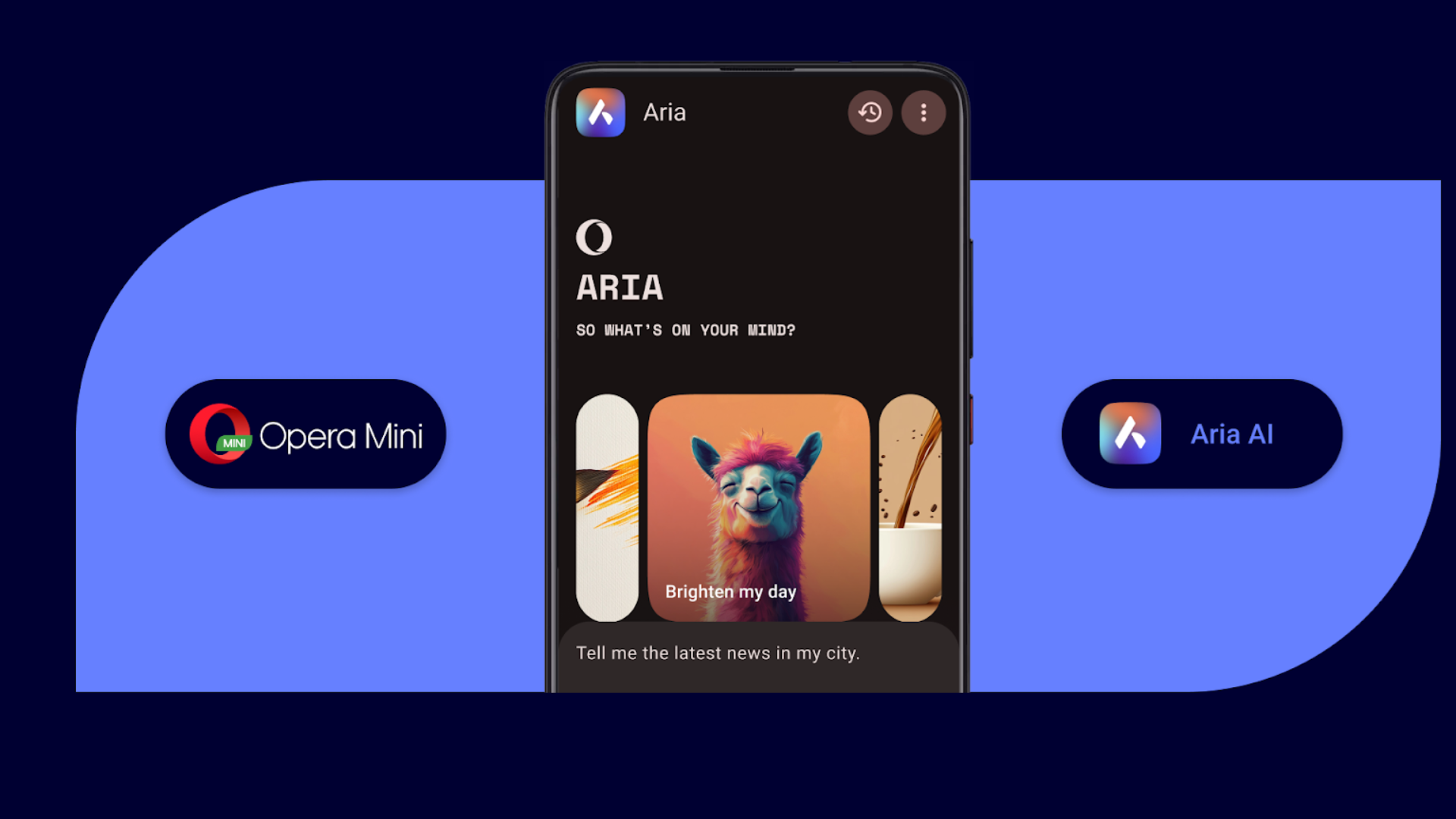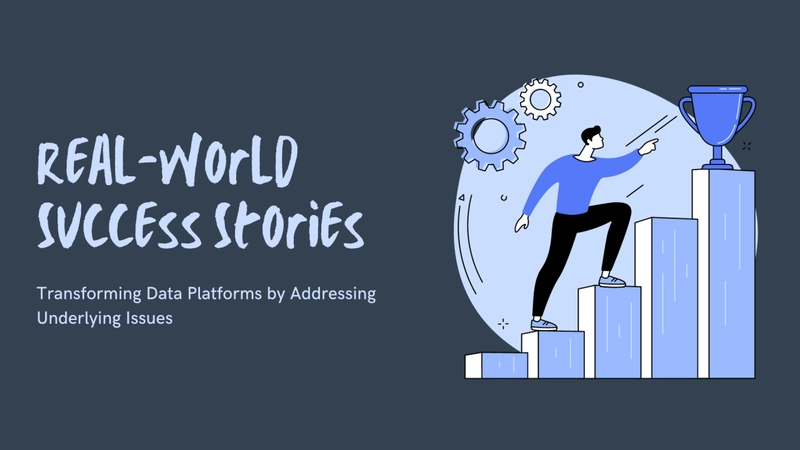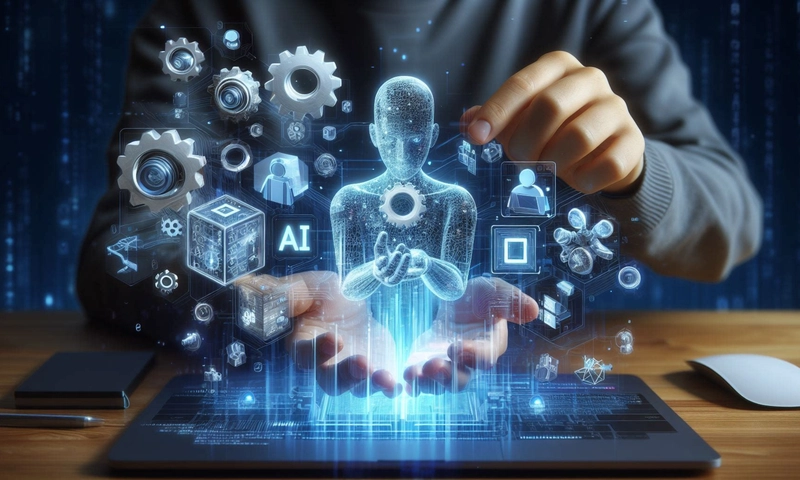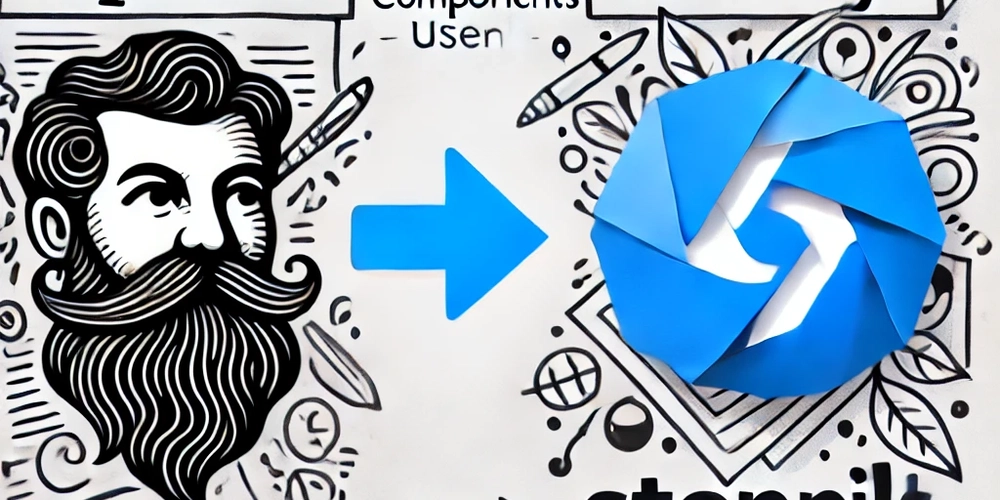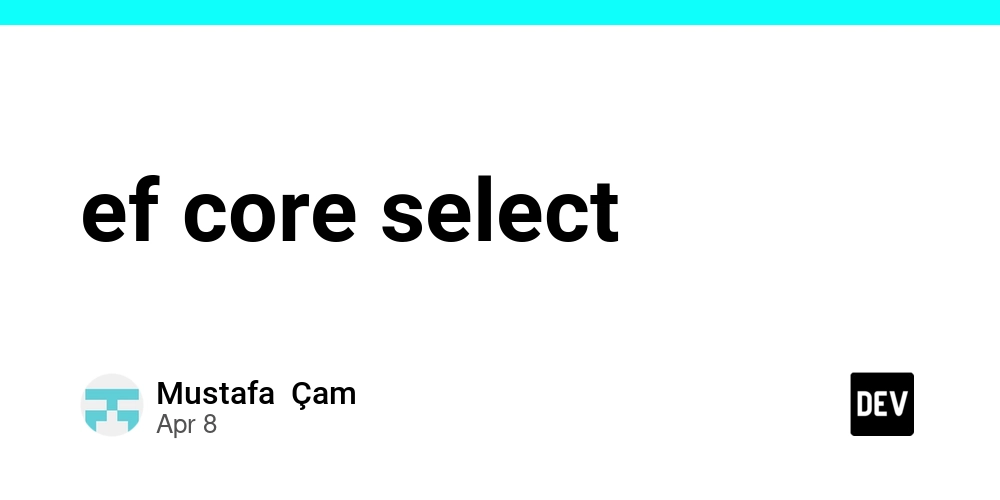The Impact of AI-Powered Code Assistants on Developer Productivity
Introduction Software development is undergoing a seismic shift, driven by the rise of AI-powered code assistants. These tools are no longer just "nice-to-haves"; they are becoming essential for developers to stay competitive in an industry that demands faster delivery, higher quality, and greater innovation. While the benefits of AI tools are well-documented, what's truly fascinating is how they're reshaping the developer experience and enabling new ways of thinking about collaboration, creativity, and problem-solving. In this blog, we'll explore the transformative impact of AI-powered code assistants on developer productivity, dive into real-world examples, address challenges, and discuss how integrating these tools with platforms like Teamcamp can unlock unparalleled efficiency. Plus, we'll uncover some unique insights into how developers can leverage AI to work faster—and smarter. Build Sustainably with Teamcamp What Are AI-Powered Code Assistants? AI-powered code assistants are intelligent tools designed to help developers write, debug, and optimize code more efficiently. They act as virtual pair programmers, leveraging machine learning (ML) models trained on massive datasets of publicly available code repositories. How Do They Work? Natural Language Input: Developers can give instructions in plain English (e.g., "Write a function to calculate Fibonacci numbers") or provide partial code snippets. Code Generation: The AI generates relevant code based on the input and its training data, offering suggestions that align with best practices. Context Awareness: Many tools understand the surrounding code context to provide more accurate recommendations. Continuous Improvement: Some assistants adapt to individual coding styles over time, making their suggestions increasingly relevant. Popular examples include GitHub Copilot, Tabnine, and Amazon CodeWhisperer, each offering unique features tailored to different workflows. Beyond Speed: The Real Impact on Developer Productivity While it's easy to focus on how AI-powered tools accelerate coding tasks, their impact goes far deeper than just speed. They're changing how developers think about problem-solving and collaboration in profound ways. 1. Empowering Creative Problem-Solving Traditionally, developers have spent significant time tackling repetitive tasks like writing boilerplate code or debugging syntax errors. By automating these mundane activities, AI assistants free up mental bandwidth for creative problem-solving—designing complex algorithms or architecting scalable systems. For example: A programmer building a machine learning algorithm might use GitHub Copilot to quickly prototype data preprocessing functions while focusing their energy on fine-tuning hyperparameters and model architecture. 2. Facilitating Knowledge Sharing Across Teams AI-powered tools don't just help individual developers—they also act as knowledge repositories for teams. By generating standardized code snippets and enforcing best practices, these tools create consistency across projects, simplifying team collaboration and helping new members get up to speed faster. Imagine a scenario where a junior developer joins a team working on a legacy codebase. Instead of spending weeks deciphering unfamiliar patterns, they can use an AI assistant to understand the structure and generate relevant functions that align with existing conventions. 3. Boosting Confidence in Junior Developers One overlooked benefit of AI assistants is their ability to boost confidence among less experienced developers. These tools reduce the intimidation factor of tackling complex problems or unfamiliar languages by providing instant feedback and suggestions. Real-World Success Stories Fidelity Investments: Accelerating Feature Delivery Fidelity Investments integrated AI-powered coding tools into their workflows to streamline development cycles. The results were staggering: Feature delivery times were cut by 50%, enabling faster response to market demands. Production issue detection times dropped by 80%, improving reliability and customer satisfaction. Full Scale: Enhancing Remote Collaboration When Full Scale transitioned over 100 developers to remote work during the pandemic, they leveraged AI tools alongside project management platforms like Teamcamp to maintain productivity: Sprint completion rates improved from 95% to 98%. Code review efficiency increased by 40%, thanks to automated suggestions from AI assistants. Challenges of Using AI Code Assistants While the benefits are clear, it's important to recognize the challenges that come with adopting AI-powered tools: 1. Ethical Concerns Around Training Data Many AI models are trained on publicly available code repositories, which raises questions about intellectual property r
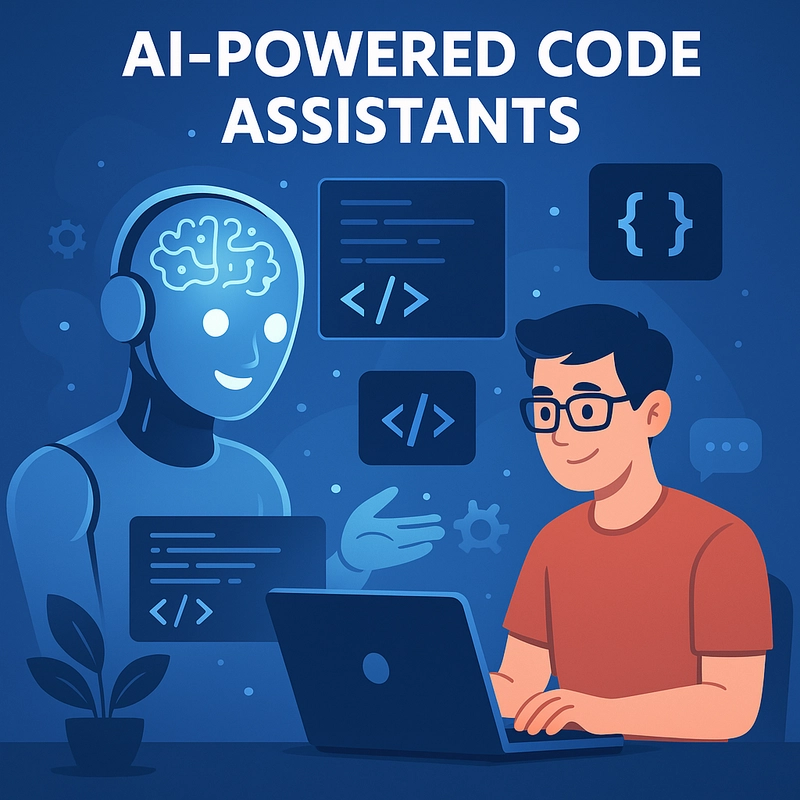
Introduction
Software development is undergoing a seismic shift, driven by the rise of AI-powered code assistants. These tools are no longer just "nice-to-haves"; they are becoming essential for developers to stay competitive in an industry that demands faster delivery, higher quality, and greater innovation. While the benefits of AI tools are well-documented, what's truly fascinating is how they're reshaping the developer experience and enabling new ways of thinking about collaboration, creativity, and problem-solving.
In this blog, we'll explore the transformative impact of AI-powered code assistants on developer productivity, dive into real-world examples, address challenges, and discuss how integrating these tools with platforms like Teamcamp can unlock unparalleled efficiency. Plus, we'll uncover some unique insights into how developers can leverage AI to work faster—and smarter.
Build Sustainably with Teamcamp
What Are AI-Powered Code Assistants?

AI-powered code assistants are intelligent tools designed to help developers write, debug, and optimize code more efficiently. They act as virtual pair programmers, leveraging machine learning (ML) models trained on massive datasets of publicly available code repositories.
How Do They Work?
- Natural Language Input: Developers can give instructions in plain English (e.g., "Write a function to calculate Fibonacci numbers") or provide partial code snippets.
- Code Generation: The AI generates relevant code based on the input and its training data, offering suggestions that align with best practices.
- Context Awareness: Many tools understand the surrounding code context to provide more accurate recommendations.
- Continuous Improvement: Some assistants adapt to individual coding styles over time, making their suggestions increasingly relevant.
Popular examples include GitHub Copilot, Tabnine, and Amazon CodeWhisperer, each offering unique features tailored to different workflows.
Beyond Speed: The Real Impact on Developer Productivity
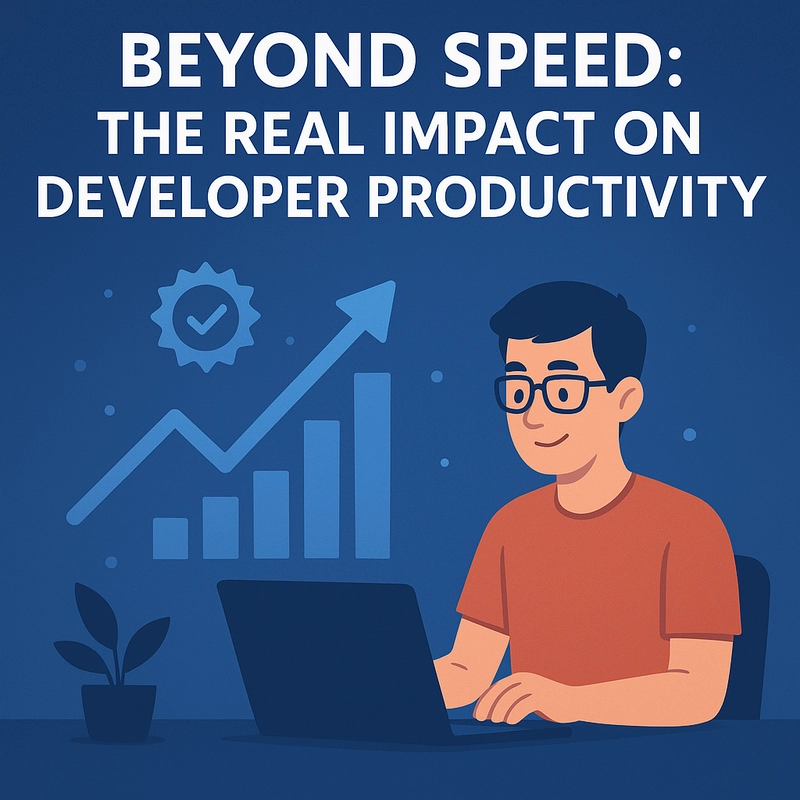
While it's easy to focus on how AI-powered tools accelerate coding tasks, their impact goes far deeper than just speed. They're changing how developers think about problem-solving and collaboration in profound ways.
1. Empowering Creative Problem-Solving
Traditionally, developers have spent significant time tackling repetitive tasks like writing boilerplate code or debugging syntax errors. By automating these mundane activities, AI assistants free up mental bandwidth for creative problem-solving—designing complex algorithms or architecting scalable systems.
For example:
A programmer building a machine learning algorithm might use GitHub Copilot to quickly prototype data preprocessing functions while focusing their energy on fine-tuning hyperparameters and model architecture.
2. Facilitating Knowledge Sharing Across Teams
AI-powered tools don't just help individual developers—they also act as knowledge repositories for teams. By generating standardized code snippets and enforcing best practices, these tools create consistency across projects, simplifying team collaboration and helping new members get up to speed faster.
Imagine a scenario where a junior developer joins a team working on a legacy codebase. Instead of spending weeks deciphering unfamiliar patterns, they can use an AI assistant to understand the structure and generate relevant functions that align with existing conventions.
3. Boosting Confidence in Junior Developers
One overlooked benefit of AI assistants is their ability to boost confidence among less experienced developers. These tools reduce the intimidation factor of tackling complex problems or unfamiliar languages by providing instant feedback and suggestions.
Real-World Success Stories
Fidelity Investments: Accelerating Feature Delivery
Fidelity Investments integrated AI-powered coding tools into their workflows to streamline development cycles. The results were staggering:
- Feature delivery times were cut by 50%, enabling faster response to market demands.
- Production issue detection times dropped by 80%, improving reliability and customer satisfaction.
Full Scale: Enhancing Remote Collaboration
When Full Scale transitioned over 100 developers to remote work during the pandemic, they leveraged AI tools alongside project management platforms like Teamcamp to maintain productivity:
- Sprint completion rates improved from 95% to 98%.
- Code review efficiency increased by 40%, thanks to automated suggestions from AI assistants.
Challenges of Using AI Code Assistants
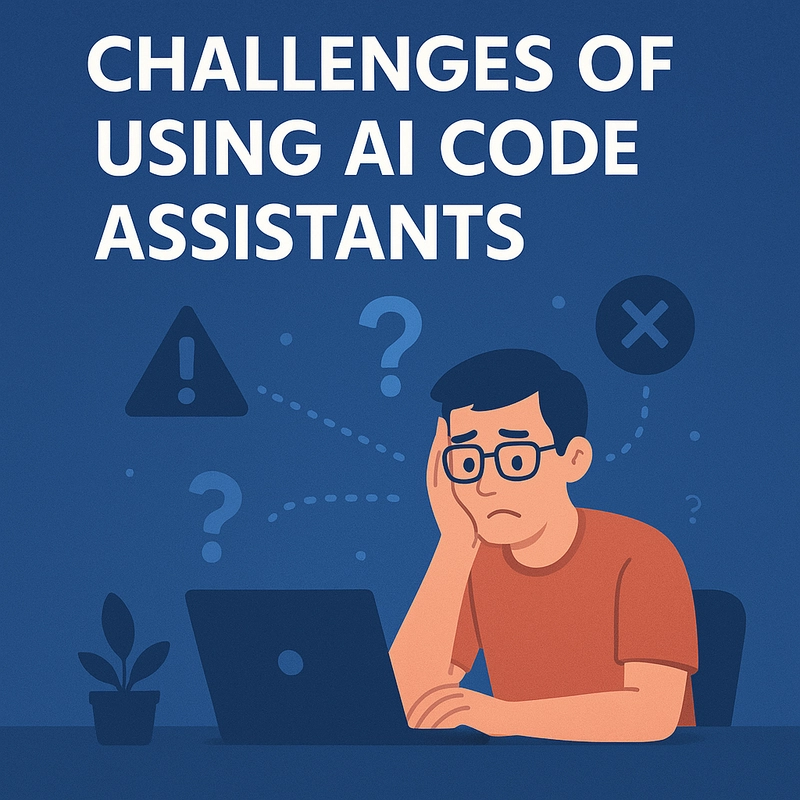
While the benefits are clear, it's important to recognize the challenges that come with adopting AI-powered tools:
1. Ethical Concerns Around Training Data
Many AI models are trained on publicly available code repositories, which raises questions about intellectual property rights and licensing compliance. Developers must ensure they use tools that adhere to ethical standards and avoid inadvertently generating copyrighted code.
2. Balancing Automation with Human Expertise
AI assistants excel at handling repetitive tasks but may struggle with nuanced problems requiring deep domain knowledge or creative thinking. Striking the right balance between automation and manual effort is key to avoiding over-reliance.
3. Integrating AI into Existing Workflows
Adopting AI tools requires careful integration into existing workflows without disrupting team dynamics or creating bottlenecks in collaboration.
The Role of Project Management in Unlocking Productivity
While AI-powered tools can supercharge coding tasks, their full potential is realized only when paired with effective project management practices that streamline team workflows.
Why Teamcamp Is Essential for Developers
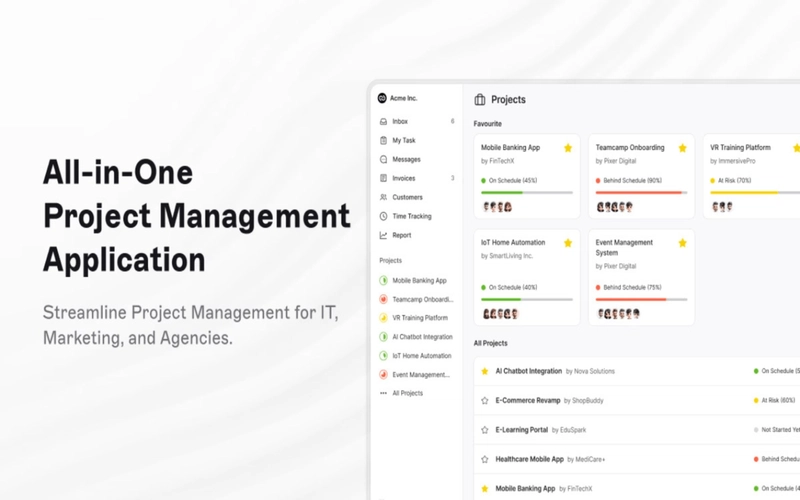
Teamcamp is an all-in-one project management platform designed specifically for tech teams looking to optimize collaboration and productivity.
Build Sustainably with Teamcamp
Unique Features That Complement AI Tools:
- Centralized Task Management: Organize tasks generated by AI assistants alongside manual work in one unified dashboard for better visibility.
- Customizable Agile Boards: Plan sprints effectively using Kanban or Scrum boards tailored to your team's workflow.
- Real-Time Collaboration: Integrate messaging, file sharing, and video conferencing directly into your projects.
- AI-Driven Insights: Use Teamcamp's built-in analytics to track progress and identify bottlenecks in workflows enhanced by AI assistance.
- Integration with Developer Tools: Seamlessly connect Teamcamp with GitHub or Jira for end-to-end project tracking.
Teams using Teamcamp report a 28% faster project delivery rate and a significant reduction in administrative overhead—making it an ideal companion for maximizing the benefits of AI-powered coding tools.
Practical Tips for Leveraging AI Code Assistants Effectively
To make the most out of these transformative tools:
- Pair Automation with Collaboration: Use AI-generated code as a starting point but refine it through team discussions during pull requests or reviews.
- Focus on High-Impact Tasks: Automate repetitive coding tasks while dedicating manual effort to critical areas like architecture design or performance optimization.
- Combine Tools for Maximum Efficiency: Integrate your favorite coding assistant (e.g., GitHub Copilot) with project management platforms like Teamcamp for seamless workflows.
- Encourage Continuous Learning: Share insights gained from using AI during team retrospectives to foster collective improvement.
Unique Insights: How Developers Can Use AI Creatively
One fascinating trend emerging from the adoption of AI-powered tools is their ability to inspire creative coding solutions:
- Developers are using assistants like Copilot not just for traditional programming but also for generating artistic algorithms (e.g., generative art) or interactive simulations.
- Teams experimenting with unconventional applications—such as using AI-generated scripts for game development—are discovering entirely new possibilities that were previously too time-consuming or complex.
This highlights how embracing these tools can lead not only to productivity gains but also innovation in unexpected areas.
The Future of Developer Productivity
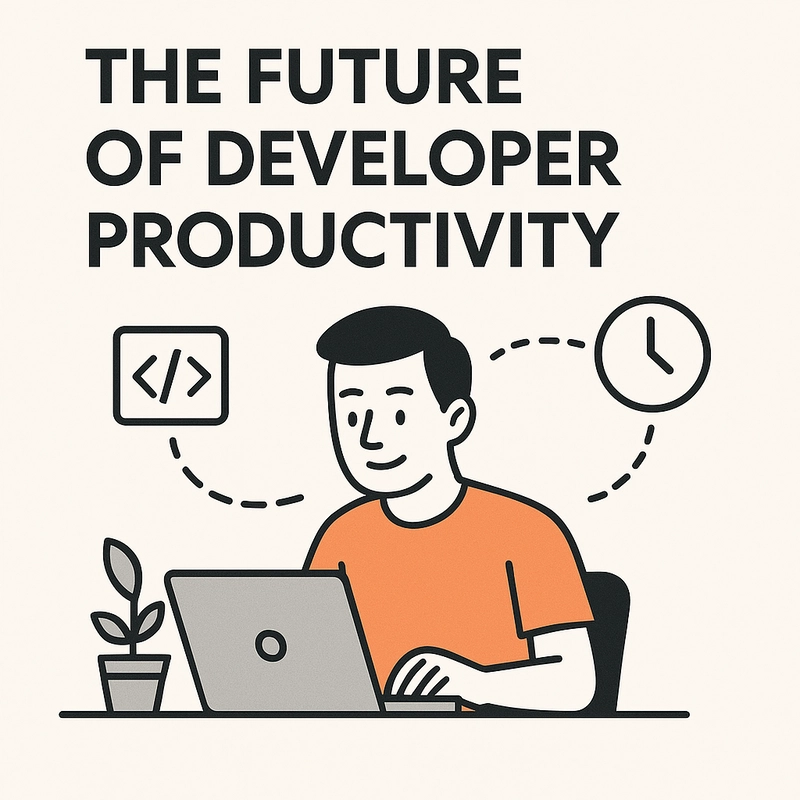
As we look ahead, one thing is clear: the future of software development will be driven by collaboration between humans and machines. While AI-powered tools will continue evolving to handle increasingly complex tasks, human creativity and expertise will remain irreplaceable.
By combining cutting-edge technologies like GitHub Copilot with robust project management solutions like Teamcamp, developers can build workflows that are faster and smarter—unlocking new levels of productivity while maintaining control over their craft.
Ready to Transform Your Workflow?
AI-powered code assistants are revolutionizing software development—but actual productivity comes from pairing them with effective project management practices.
With Teamcamp's intuitive features designed specifically for tech teams:
- Streamline your workflows
- Enhance team collaboration
- Deliver projects faster without compromising quality
Explore Teamcamp today and take your development process to the next level!
Final Thoughts
The rise of AI-powered code assistants marks a turning point in software development—one where speed meets creativity without sacrificing quality or control. By embracing these innovations responsibly and integrating them into structured workflows supported by platforms like Teamcamp, developers can thrive in an ever-evolving industry while delivering exceptional results every time!




























![[Webinar] AI Is Already Inside Your SaaS Stack — Learn How to Prevent the Next Silent Breach](https://blogger.googleusercontent.com/img/b/R29vZ2xl/AVvXsEiOWn65wd33dg2uO99NrtKbpYLfcepwOLidQDMls0HXKlA91k6HURluRA4WXgJRAZldEe1VReMQZyyYt1PgnoAn5JPpILsWlXIzmrBSs_TBoyPwO7hZrWouBg2-O3mdeoeSGY-l9_bsZB7vbpKjTSvG93zNytjxgTaMPqo9iq9Z5pGa05CJOs9uXpwHFT4/s1600/ai-cyber.jpg?#)














































































































































![[The AI Show Episode 144]: ChatGPT’s New Memory, Shopify CEO’s Leaked “AI First” Memo, Google Cloud Next Releases, o3 and o4-mini Coming Soon & Llama 4’s Rocky Launch](https://www.marketingaiinstitute.com/hubfs/ep%20144%20cover.png)

















































































































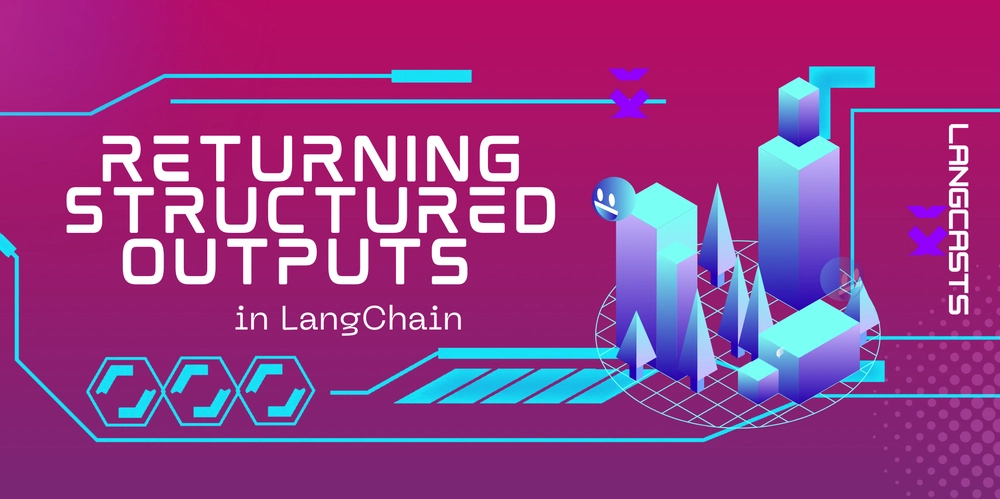



















































































![Rogue Company Elite tier list of best characters [April 2025]](https://media.pocketgamer.com/artwork/na-33136-1657102075/rogue-company-ios-android-tier-cover.jpg?#)







































































_Andreas_Prott_Alamy.jpg?width=1280&auto=webp&quality=80&disable=upscale#)





































































































![Apple Watch Series 10 Back On Sale for $299! [Lowest Price Ever]](https://www.iclarified.com/images/news/96657/96657/96657-640.jpg)
![EU Postpones Apple App Store Fines Amid Tariff Negotiations [Report]](https://www.iclarified.com/images/news/97068/97068/97068-640.jpg)
![Apple Slips to Fifth in China's Smartphone Market with 9% Decline [Report]](https://www.iclarified.com/images/news/97065/97065/97065-640.jpg)


















